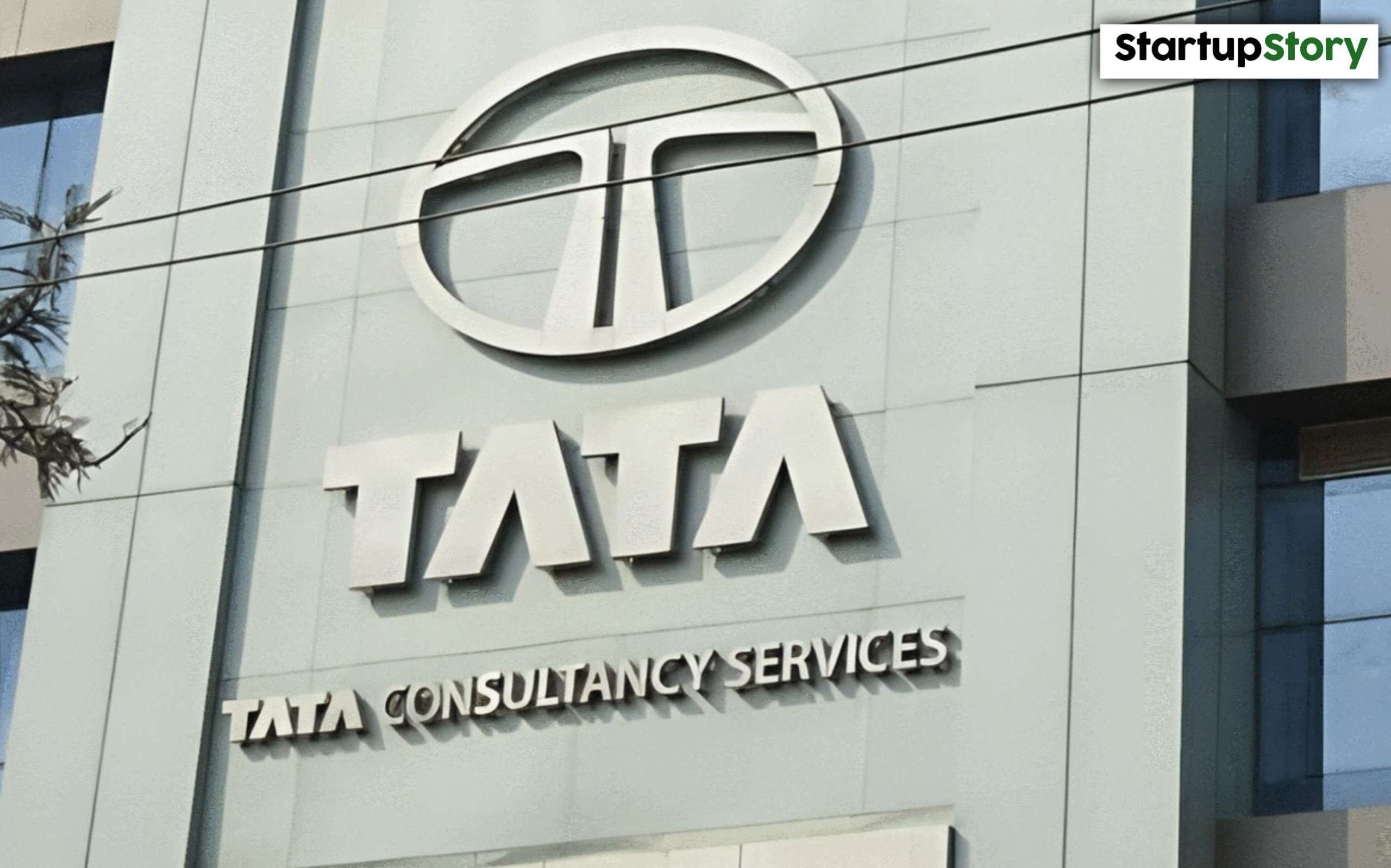
Tata Consultancy Services (TCS) has announced a new deployment policy that raises the bar for employee project engagement. Effective June 12, 2025, the updated rules now require all associates to be actively billed for at least 225 business days per year, leaving only 35 days of bench time annually.
According to internal documents, the company has made it clear that employees who are not deployed on projects for the required duration may face serious consequences. These include potential loss of salary hikes, delayed or denied promotions, missed overseas opportunities, and in extreme cases, risk to job continuity.
TCS’s Global Head, Chandrasekaran Ramkumar, introduced the revised policy and emphasized that the responsibility of finding projects now lies with the associates themselves. Employees must proactively engage with the Resource Management Group (RMG) and take ownership of their deployment.
For those who remain on the bench beyond the allowed period, the company has enforced strict learning requirements. Unallocated employees must spend 4 to 6 hours daily on internal training platforms such as iEvolve, VLS, and Fresco Play. They are also expected to complete all assigned modules and use AI tools like the Gen AI Interview Coach to stay project-ready.
TCS also noted that new joiners are expected to be assigned to projects from day one. If a fresher does not receive an assignment immediately, they are required to contact RMG without delay to get placed.
Additionally, the company has expressed concern over employees who frequently move between short-term projects. If such patterns are noticed repeatedly, it may lead to HR investigations and disciplinary action.
The policy also reaffirms that working from the office is the new default setting. Remote work will only be permitted in emergencies, and even then, it must be pre-approved by RMG.
With this move, TCS is aiming to maximize productivity, reduce idle time, and ensure that all associates are consistently contributing to client projects. The new policy sends a strong message: no project means no career growth, and employees must now take charge of their own development and deployment.




